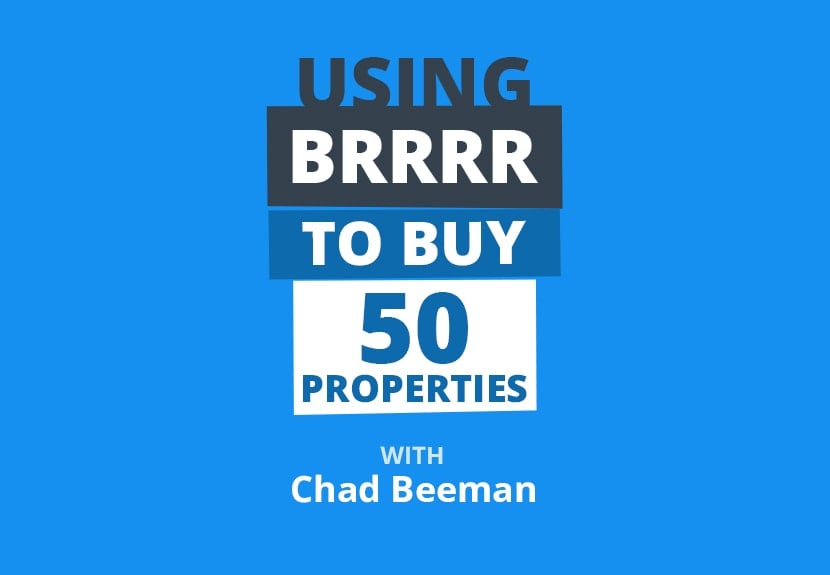House prices fell last month for the first time in more than a year as the market upheaval sparked by the UK government’s “mini” Budget drove up borrowing costs and hit household finances.
Building society Nationwide on Tuesday said that house prices fell 0.9 per cent between September and October. That is the first such drop since July 2021, when a cut to stamp duty was being phased out, and the largest fall since June 2020 at the height of the coronavirus pandemic.
Annual growth in house prices slowed from 9.5 per cent to 7.2 per cent.
The figures confirm the effect the ill-fated “mini” Budget of September 23 had on a market that was already slowing in the face of rising global interest rates.
Data published on Monday by the Bank of England showed mortgage lending had been relatively resilient in the run-up to the fiscal statement, possibly because homebuyers were rushing to lock in offers they could afford in the expectation that borrowing costs would soon rise further.
Robert Gardner, Nationwide’s chief economist, said the sharp rise in market interest rates following the “mini” Budget — with some lenders quoting fixed rate mortgages above 6 per cent — had “added to stretched affordability at a time when household finances are already under pressure”.
Although mortgage rates appear to have peaked, they are likely to remain much higher than in the recent past, with investors betting that the BoE will raise the base rate from 2.25 per cent to 3 per cent on Thursday.
Gardner said a typical first-time buyer with a 20 per cent deposit would now face monthly mortgage payments worth 45 per cent of their take-home pay, based on an average mortgage rate of 5.5 per cent. That is a similar ratio to the one seen before the 2008 financial crisis.
He added that a “relatively soft landing” was still possible, if investor sentiment recovered and market interest rates continued to ease. Even though the economy was weakening, prices would be supported by low unemployment and the fact that many households would not have to pay higher mortgage rates until fixed-rate deals expired, he said.
But Samuel Tombs, economist at the consultancy Pantheon Macroeconomics, said the figures gave “the strongest signal yet that house prices will buckle”.
He added that pressures on household incomes were “set to intensify” as the government introduced tax rises to help fill a £50bn fiscal hole, while lenders would probably increase their spreads to reflect growing risks of homebuyers failing to keep up repayments.
Tombs and other analysts predicted house prices would fall by close to 10 per cent over the coming year, wiping out much of their gains since the onset of the pandemic.
Matthew Pointon, property economist at the consultancy Capital Economics, said: “Hopes that mortgage rates will fall back significantly and quickly are misplaced.”
He added that although quoted rates were falling back from earlier peaks, they would probably remain well above 5 per cent next year and drop to 4 per cent only in 2025 — a level that would “crush demand” by pricing many buyers out of the market.
















